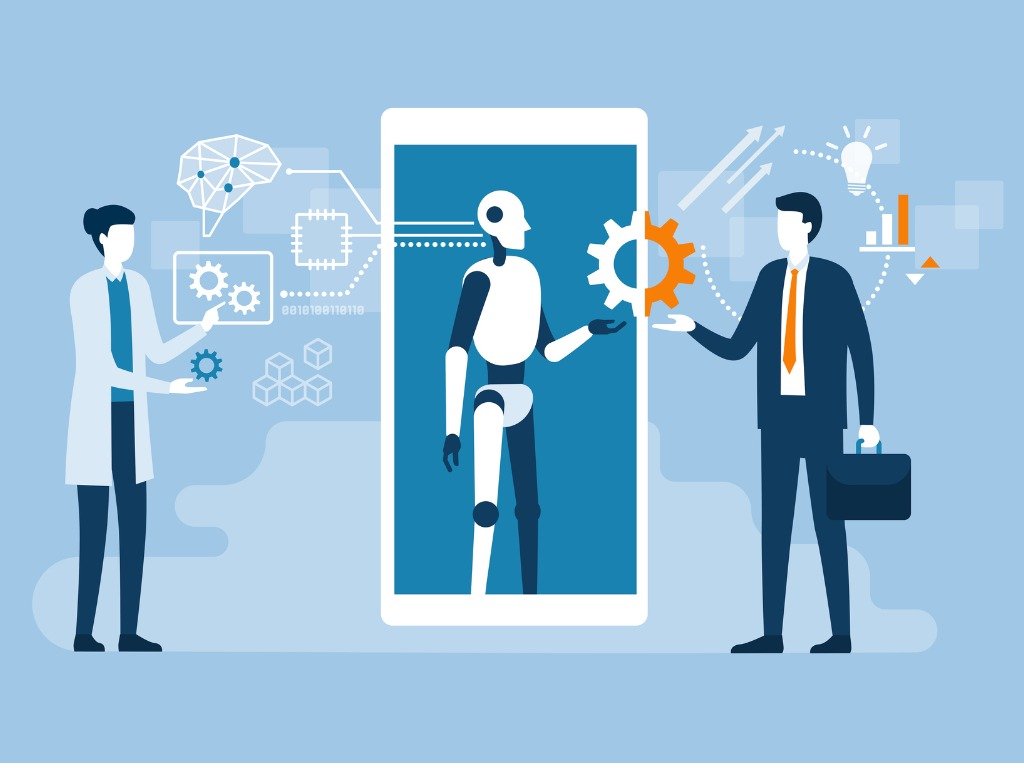
- AI (Artificial Intelligence) and ML (Machine Learning) are revolutionizing the field of data analytics and significantly shaping the future of decision-making. Here are several ways in which AI and ML are making an impact:
Enhanced Data Processing: AI and ML algorithms have the ability to process and analyze vast amounts of data quickly and efficiently. This capability enables organizations to make data-driven decisions in real-time, as they can extract valuable insights and patterns from large datasets that would be challenging for humans to process manually.
Predictive Analytics: By applying ML techniques, organizations can build predictive models that forecast future outcomes based on historical data. These models can identify trends, patterns, and correlations, enabling decision-makers to anticipate market changes, customer behavior, and other variables. Predictive analytics empowers organizations to make proactive decisions and take preemptive actions.
Personalized Recommendations: AI-powered recommendation systems have become pervasive in various industries, such as e-commerce, entertainment, and marketing. By analyzing user preferences, behavior, and historical data, ML algorithms can generate personalized recommendations for products, content, or services. These recommendations enhance the customer experience, increase engagement, and assist decision-making by providing tailored options.
Automation and Efficiency: AI and ML technologies automate repetitive and mundane tasks involved in data analysis, allowing analysts and decision-makers to focus on higher-level tasks. Automated processes, such as data cleaning, feature selection, and model training, save time and reduce human error. This increased efficiency allows decision-makers to allocate their time and resources more effectively.
Real-time Decision-Making: With the advent of AI and ML, real-time decision-making is becoming increasingly feasible. Through the use of advanced analytics and machine learning models, organizations can analyze data streams as they arrive, enabling immediate decision-making based on up-to-date information. Real-time decision-making is particularly valuable in time-sensitive domains such as finance, cybersecurity, and supply chain management.
Risk Assessment and Mitigation: AI and ML algorithms can analyze historical data and identify risk patterns or anomalies that humans may overlook. By integrating these technologies into decision-making processes, organizations can assess risks more accurately and implement proactive measures to mitigate potential negative outcomes. This capability is particularly valuable in sectors such as finance, insurance, and healthcare.
Decision Support Systems: AI and ML can be used to develop sophisticated decision support systems that provide actionable insights to decision-makers. These systems integrate data from multiple sources, apply analytical models, and present results in a user-friendly format. Decision support systems enhance decision-making by providing relevant information, visualizations, and recommendations to guide the decision-making process.
Overall, the integration of AI and ML into data analytics empowers organizations to make more informed and effective decisions. These technologies enable the extraction of insights from complex datasets, facilitate predictive capabilities, automate tasks, and provide personalized recommendations. As AI and ML continue to advance, their impact on decision-making processes is expected to grow, driving innovation and efficiency across various industries.
